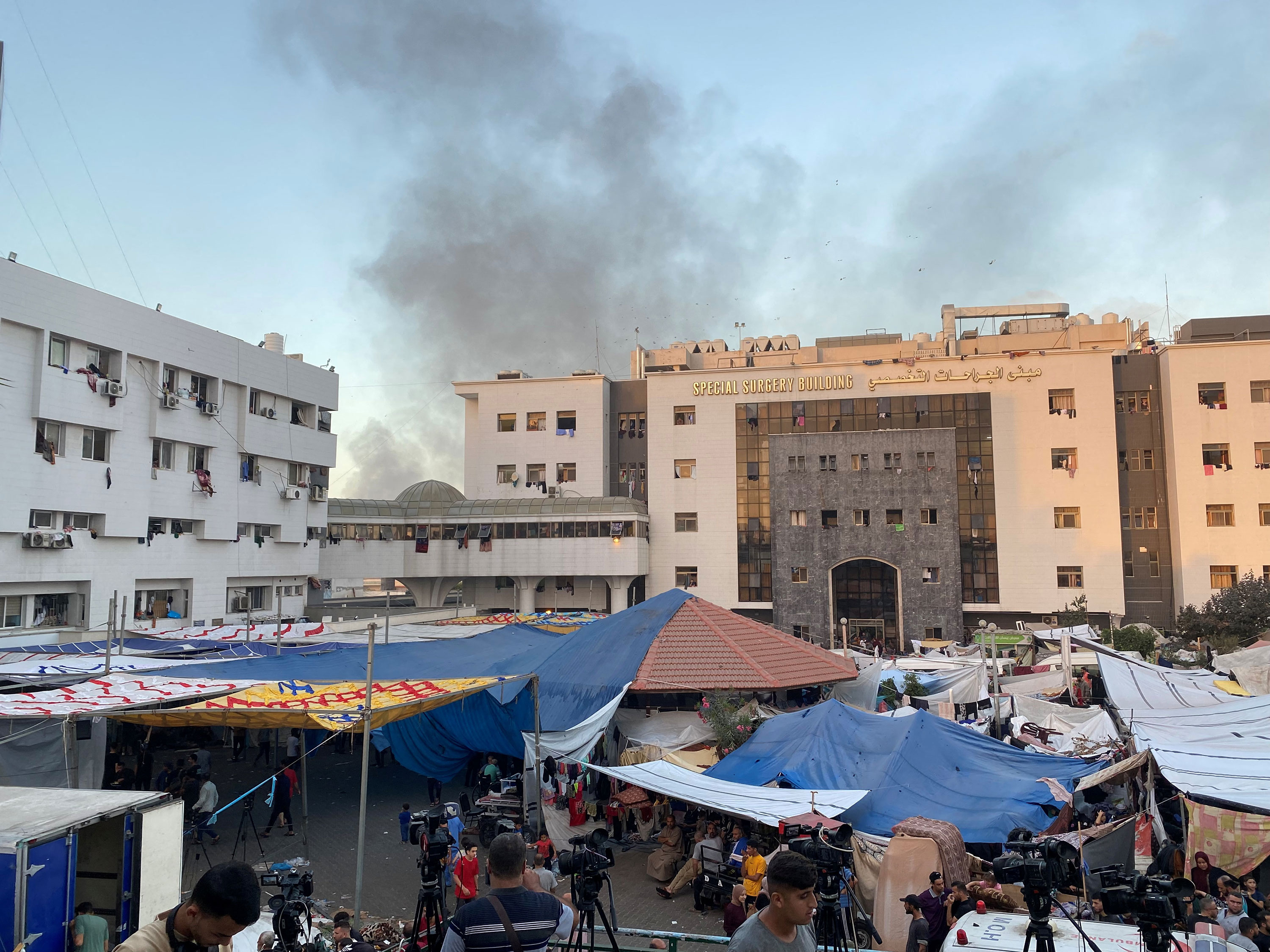
US Secretary of State Antony Blinken acknowledged disagreements within the State Department over the Biden administration’s approach to Israel-Hamas war in an email to staff Monday.
His message to personnel, sent on the heels of his recent travels, comes amid growing anger and dissent not only from staff at the State Department but within the broader Biden administration.
CNN reported last week that hundreds of personnel at the US Agency for International Development signed an open letter calling for a ceasefire, and there are reports of a “dissent memo” inside the State Department.
Last month, a State Department official publicly resigned in protest of the administration’s policy on the Israel-Hamas war.
"I know that for many of you, the suffering caused by this crisis is taking a profound personal toll,” Blinken wrote in his email Monday, which was seen by CNN. “The anguish that comes with seeing the daily images of babies, children, elderly people, women, and other civilians suffering in this crisis is wrenching. I feel it myself.”
The top US diplomat noted that “some people in the Department may disagree with approaches we are taking or have views on what we can do better.”
The State Department head then noted that forums have been organized in Washington, DC, so that employees can provide feedback.
“We’re listening: what you share is informing our policy and our messages,” he said.
In his email, Blinken provided an overview of his trip to the Middle East and Asia last week, saying that the US’ “overarching objective remains the same: to bring this terrible conflict to a close as quickly as possible, while standing by Israel’s right and obligation, in full accordance with international humanitarian law, to ensure a terrorist attack like October 7th never happens again.”
He reiterated that “far too many Palestinian civilians have died” and “much more can and should be done to reduce their suffering.”
“As I said in private and in public, we believe Palestinian people’s voices must be at the center of post-crisis governance in Gaza,” Blinken wrote. “We believe in Palestinian-led governance of Gaza, with Gaza unified with the West Bank. Gaza’s reconstruction must be supported with a sustained mechanism.”
HuffPost was the first to report on Monday’s email.
At a State Department briefing Monday, spokesperson Matt Miller noted that “the State Department, like every organization, not just in government but around the world, contains people with a diversity of views.”
“One of our strengths as an organization is that we have that diversity of views and that we welcome people to make those views known,” Miller said. He said that Blinken has met with a number of people "from all ranks of the department, from different bureaus in the department, to hear exactly what they think about our policy, both with respect to Israel and its conflict with Hamas, and with respect to other matters, including very controversial matters.”







